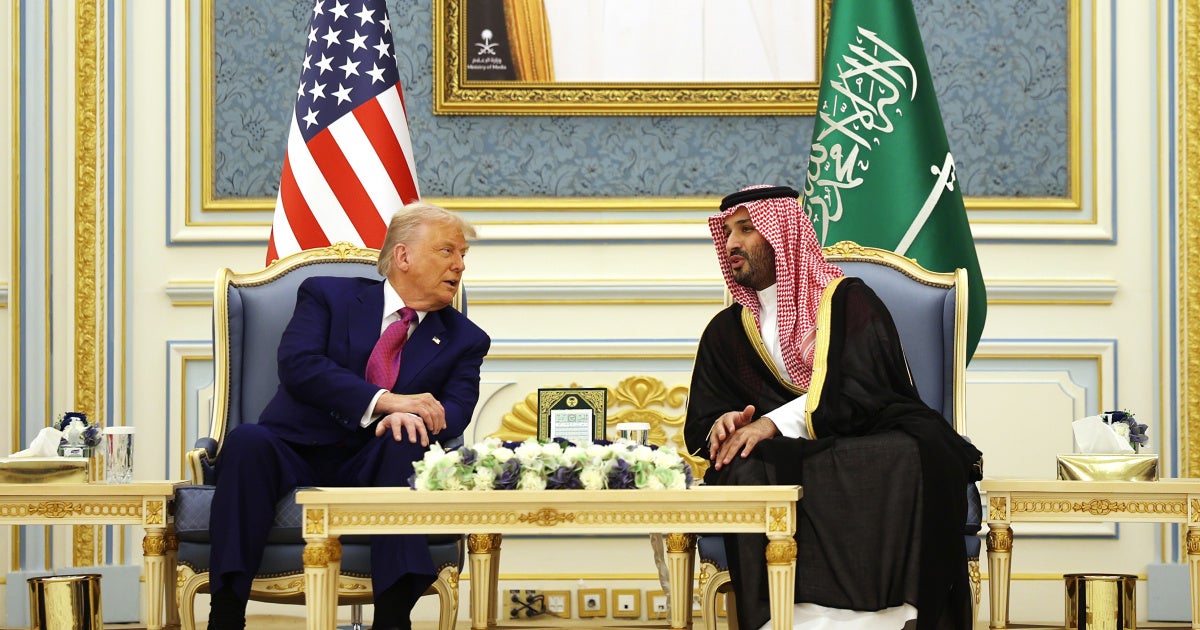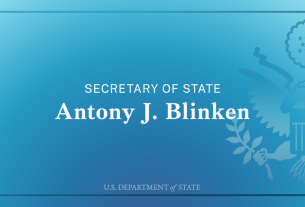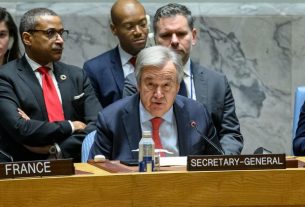Crown Prince Mohammed bin Salman (MBS) made a landmark return to Washington this week, his first visit since the 2018 killing of journalist Jamal Khashoggi, an event that had deeply strained U.S.-Saudi ties and which the Crown Prince has continued denying having hands in. The trip was marked by a lavish welcome at the White House, complete with a full honor guard, marching bands, horsemen carrying flags, and a military flyover — a symbolic gesture underscoring a reset in bilateral relations.
Economic Impact: Trillion-Dollar Investment Prospects
The visit reinforced Saudi Arabia’s role as a critical economic partner. Building on the $600 billion trade and investment commitments announced earlier in 2025 during President Trump’s trip to Riyadh, officials now claim the latest discussions produced up to $1 trillion in potential investment memoranda of understanding (MoUs). These agreements span energy, infrastructure, technology, and defense, positioning Saudi Arabia as a central player in U.S. economic strategy in the Middle East.
Diplomatic and Strategic Significance
Talks between MBS and U.S. officials focused on defense cooperation, including potential F‑35 jet sales, nuclear energy partnerships, and expanded trade. President Trump also pressed Saudi Arabia to join the Abraham Accords, further integrating the kingdom into regional peace and normalization efforts.
The trip highlighted Washington’s embrace of Riyadh as a strategic anchor in the Middle East, despite lingering controversies over human rights. Analysts note that the ceremonial welcome and high-level talks signal a deliberate effort to move past past tensions and solidify Saudi Arabia’s role in U.S. foreign policy.
Historical Context and Human Rights Dimension
This visit carried historic weight, marking MBS’s re-entry into Washington’s diplomatic fold after years of strained relations. To bolster the kingdom’s image, Saudi authorities released a dual U.S.-Saudi citizen previously incarcerated on political charges, a move widely interpreted as part of efforts to repair the kingdom’s human rights reputation.
While critics remain cautious, the gesture was seen as an attempt to reassure Washington and international observers that Riyadh is responsive to concerns about civil liberties and political freedoms.
Outlook
MBS’s U.S. trip underscores a multi-layered reset: economically, it promises unprecedented investment flows; diplomatically, it reaffirms Saudi Arabia’s centrality in U.S. Middle East policy; historically, it marks a return from isolation; and politically, it reflects attempts to soften Riyadh’s human rights image.
Whether these efforts translate into lasting trust will depend on the kingdom’s follow-through on both economic commitments and reforms, as Washington balances strategic interests with calls for accountability.



